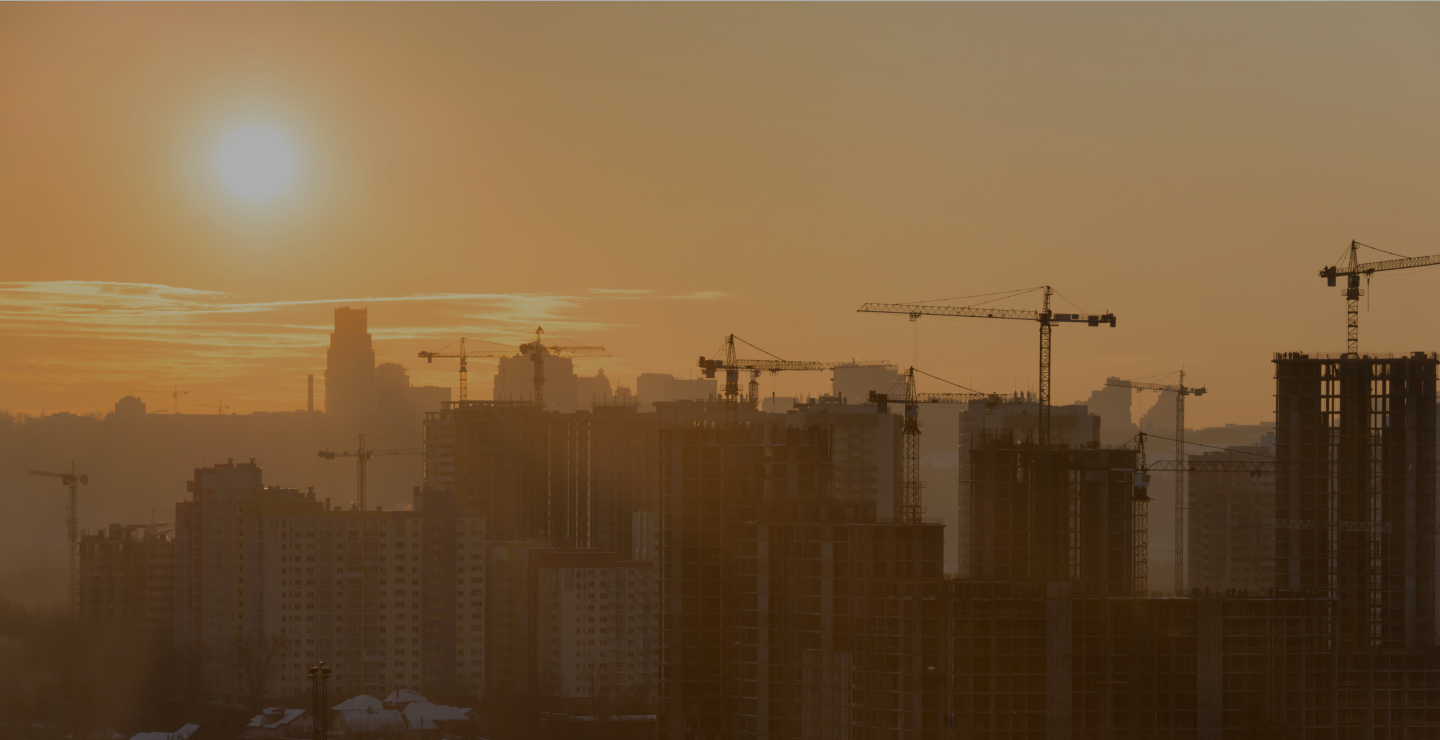With crude oil prices remaining robust throughout 2017 and now reaching trading highs of $ 64-$65 per barrel, the international Oil Companies (IOCs) namely ExxonMobil and Royal Dutch Shell Plc (the latter being slightly ahead of the former) are leading other IOCs in global operational profitability and flourishing under current global oil prices.
In the same vein, the Nigerian oil industry seeks to re-position itself, having recovered from the low crude oil price volatility in 2016 punctuated by interruptions to key production sources arising from militant activity in the Niger Delta. The Nigerian government now seeks to attract more investment in the oil & gas sector, improve production activity, currently 1.85 million barrels per day (mbpd) and ensure that the oil sector continues to perform its traditional role of supporting the Nigerian economy.
The 2018 budget was presented to the Nigerian federal legislature on 7 November 2017. The budget proposal presented by the Minister of Budget and National Planning Mr. Udoma Udo Udoma provides that the government plans to fund the budget with N6.6 trillion (approx. $ 18.3 billion) in revenues from various sources particularly the oil and gas sector amongst which signature bonuses (funds paid by oil companies to the Federal Government upon their successful bid for oil blocks in the oil sector) will contribute 1.7% amounting to N112 billion (approx. $ 311m). Such signature bonuses arise from the planned marginal field bid round, in respect of which guidelines were released in September 2017. With 46 acreages on offer. No specific date has yet been fixed for this bid round and it is hoped that a process which has suffered several setbacks in recent years will finally be concluded in late 2017 or early 2018. The outcome of this bid round shall be an important litmus test of the current indigenous appetite for investment in the upstream oil and gas sector.
Further encouraging signs have come from the Nigerian National Petroleum Corporation (NNPC). The NNPC has stated, in endorsement of the 2018 budgetary projection, that the 2018 crude oil national production projection (for Joint Ventures, Modified Carry Arrangement or External Financing, Production Sharing Contracts, Independents, Marginal Fields and Service Contracts) that about 2,298,000 barrels per day is achievable and realistic in view of the renewed security in the Niger Delta. Such projections are based on price scenarios of $35 (low), $45 (medium – the benchmark used for the 2018 budget) and $55 (high)
This outlook is reassuring given the positive global economic growth and the improved compliance with the Organization of the Petroleum Exporting Countries’ (OPEC) current production cuts for 2017, which cap Nigeria’s crude oil production (excluding condensates) to 1.8mbpd. It however remains to be seen, how much of an impact, OPEC’s production caps on Nigeria will have on Nigeria’s 2018 budget projections.
The Minister of State for Petroleum Resources, Dr. Ibe Kachikwu, has on the back of the budgetary projections and highlighted key aspects of the roadmap policy unveiled in 2016 by President Muhammadu Buhari titled ‘7 Big Wins’ in the oil and gas sector said that the government would begin the implementation of some fiscal policies to generate about $2 billion yearly in the short term and $9 billion in the long term.
The other big wins have been the delivery of zero fuel availability since 2015/2016; exiting the cash call system giving the multinational oil firms more belief in the need to invest in the country (investments which could be in excess of $ 15 billion). Examples of such investments are Agip and Shell’s Zabazaba Deepwater project and Shell’s Bonga extension project. Other big wins are the improved transparency in NNPC’s operations and deeper engagement and resultant stability in the Niger Delta region through the office of the Vice President, the Niger Delta Ministry, the security forces and the Presidency.
In 2018/2019, the government plans to rehabilitate the refineries and end or severely diminish the importation of refined petroleum products and reveal a package of fiscal policies, which will be subject to the Federal Executive Council approval and thereafter transmitted to the federal legislature for requisite legislative backing. The Minister of State for Petroleum Resources has predicted that this will expand federal government income in the short-term by over $2 billion a year and then on to over $9 billion in the long-term.
The federal legislature continues its work, commenced at the beginning of this year (2017) as regards ensure the passage into law of the entire aspects of the Petroleum Industry Governance Bill PIGB (a bill for the establishment of the institutions that will govern the Nigerian oil and gas sector). It is widely understood that the PIGB will need the strong support of the executive arm of the federal government to make it functional for the long-term stability of the oil industry.

